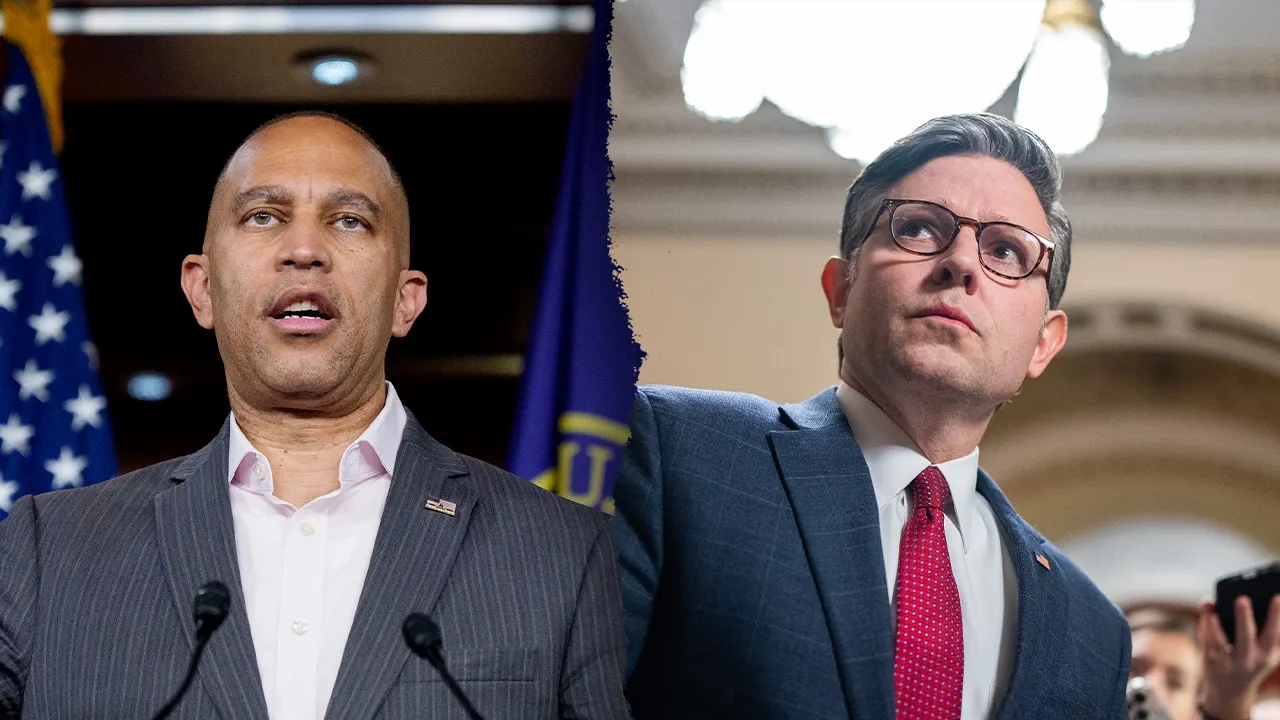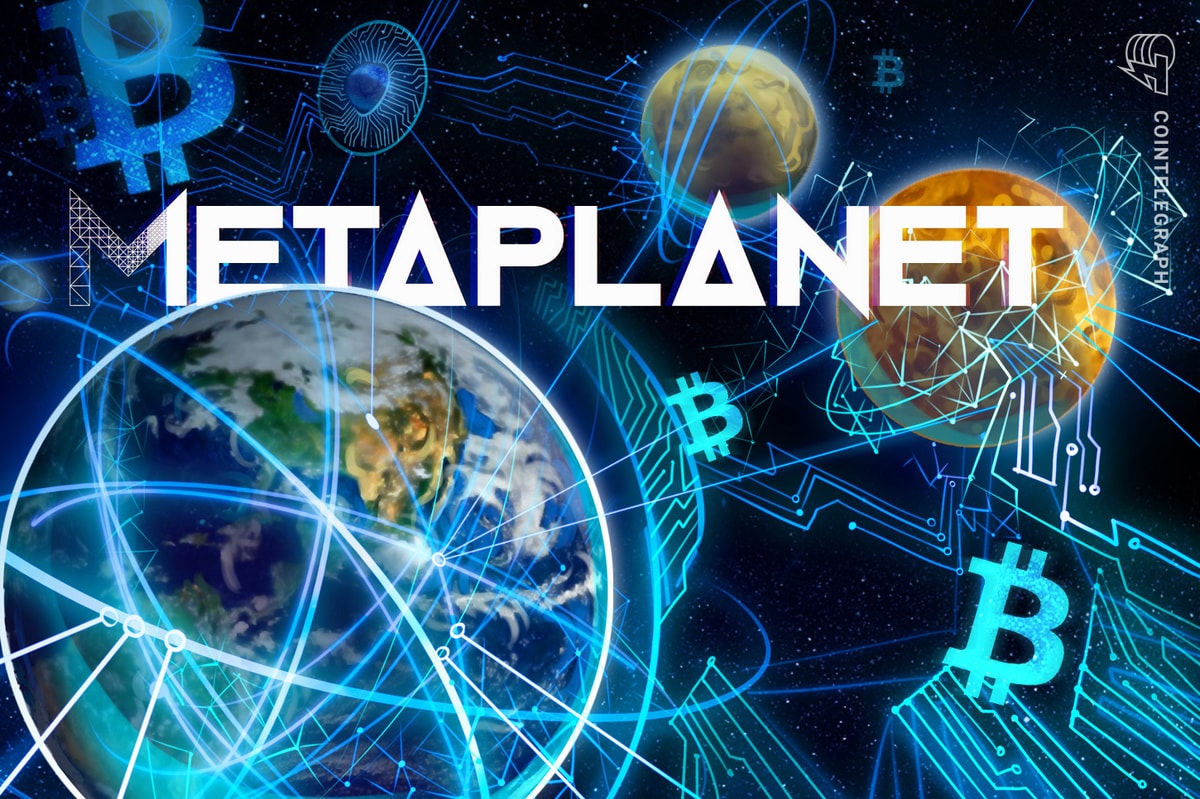Crypto will be necessary for artificial intelligence-powered agents to operate effectively in the financial market, as the infrastructure for the traditional finance system is outdated, says John D’Agostino, the head of institutional strategy at Coinbase.
If AI agents are going to operate on behalf of people, then they need to operate on “true sources of information,” because it would be “disastrous if they didn’t,” D’Agostino told CNBC’s Squawk Box on Tuesday.
“Artificial intelligence is infinitely scalable intelligence, and if you think of blockchain, which is the underlying technology for crypto, as an infinitely scalable source of truth, then those two things work very well together,” he said.
AI agents are already widespread across crypto and are used to build Web3 applications, launch tokens, and interact with services and protocols autonomously, with some platforms exploring the use of AI agents for trading.
AI agents need faster money
D’Agostino told CNBC that traditional financial systems weren’t designed for real-time, machine-to-machine transactions at scale, and asking AI agents to operate on “100-year-old financial rails” while scaling it for use won’t work.
“If we’re going to move to this world and have this wonderful advantage of these agents acting at infinitely fast speeds, they have to act on infinitely fast and scalable money rails. And that’s what blockchain and crypto is,” he said.
“You wouldn’t try to stream a movie on a dial-up modem. You wouldn’t ask these AI agents to transact with a financial system that’s older than those modems.”
No point in Bitcoin versus gold debate
D’Agostino added that Bitcoin’s (BTC) performance relative to gold has become a frequently discussed topic as well, but in his view, the two shouldn’t be compared as Bitcoin has characteristics gold doesn’t.
Bitcoin is “programmable. It’s digital. It’s infinitely scalable in terms of movement. Easy to move. You don’t have to lug it across borders, and it produces a yield,” he said.
“If you’re one of the people who are genuinely concerned that global money supply grows like 7%, 8% a year, and that’s excessive, if you believe that’s excessive and that’s causing inflation, then you need assets that will beat that.”
D’Agostino added that he is also bullish on Bitcoin because of the few trillion dollars in money markets, which were parked when interest rates in the US were 5% to try and beat inflation rates.
“As rates tick down, that unlocks those assets. Now, all of it’s not flowing into assets like Bitcoin, but a portion will,” he said.
Related: Crypto users cool with AI dabbling with their portfolios: Survey
The Federal Reserve slashed rates for the first time this year on Sept. 17, with more possibly on the way, although JPMorgan CEO Jamie Dimon cast doubt on more rate cuts, and said last week he thinks the Fed will have a hard time cutting the interest rate unless inflation drops.
Institutions are not “lemmings running over a cliff”
D’Agostino also expressed doubts about an incoming institutional wave of crypto adoption, which has been predicted to be a key driver of the market.
Institutions are operating in the space, and more are likely on the way, but it’s unlikely to be a giant overnight shift, according to D’Agostino.
“Everyone talks about this institutional wave, in my experience of dealing with pensions and endowments and sovereign wealth funds. They don’t invest in waves,” he said.
“They’re not lemmings running over a cliff in some giant wave. They’re very, very cautious. They’re very thoughtful.”
Magazine: How do the world’s major religions view Bitcoin and cryptocurrency?
Read the full article here















